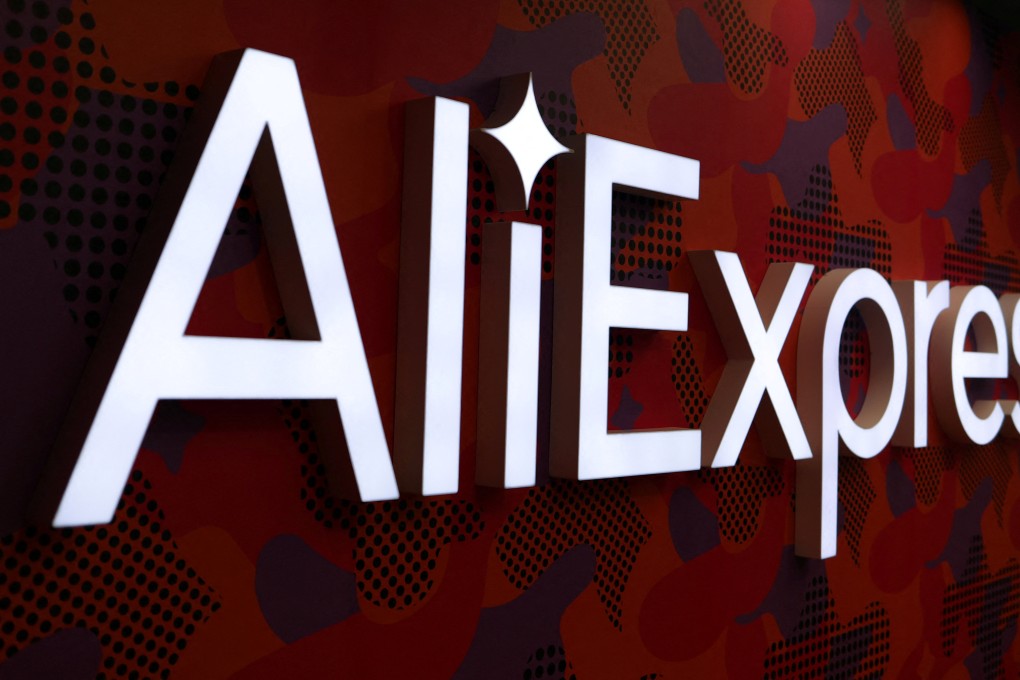EU investigates AliExpress over possible ‘dissemination of illegal content’ and other violations
- European Commission also is looking into whether the company did enough to prevent minors from accessing pornographic material via its online marketplace
- The inquiry is the first of an online marketplace under the European Union’s digital services act

Chinese e-commerce giant AliExpress has become the first online marketplace to be investigated under the EU’s digital services act (DSA), after Brussels began a formal probe on Thursday.
The European Commission said it was looking into the “dissemination of illegal content” and for not ensuring the protection of European consumers.
The company is accused of not enforcing its own terms of service in prohibiting products, such as medicine, food and dietary supplements, that pose risks to EU consumers’ health.
In a statement released on Thursday, the commission also said it was investigating whether the company did enough to prevent minors from accessing pornographic material via its online marketplace.

“Consumers’ protection, especially for minors, is an essential cornerstone of the DSA,” said Margrethe Vestager, the EU’s digital chief. “AliExpress must respect its obligations to mitigate the systemic risks on its platform and apply all safeguard provisions to ensure its services are safe.”
AliExpress is a subsidiary of Alibaba, which owns the South China Morning Post.